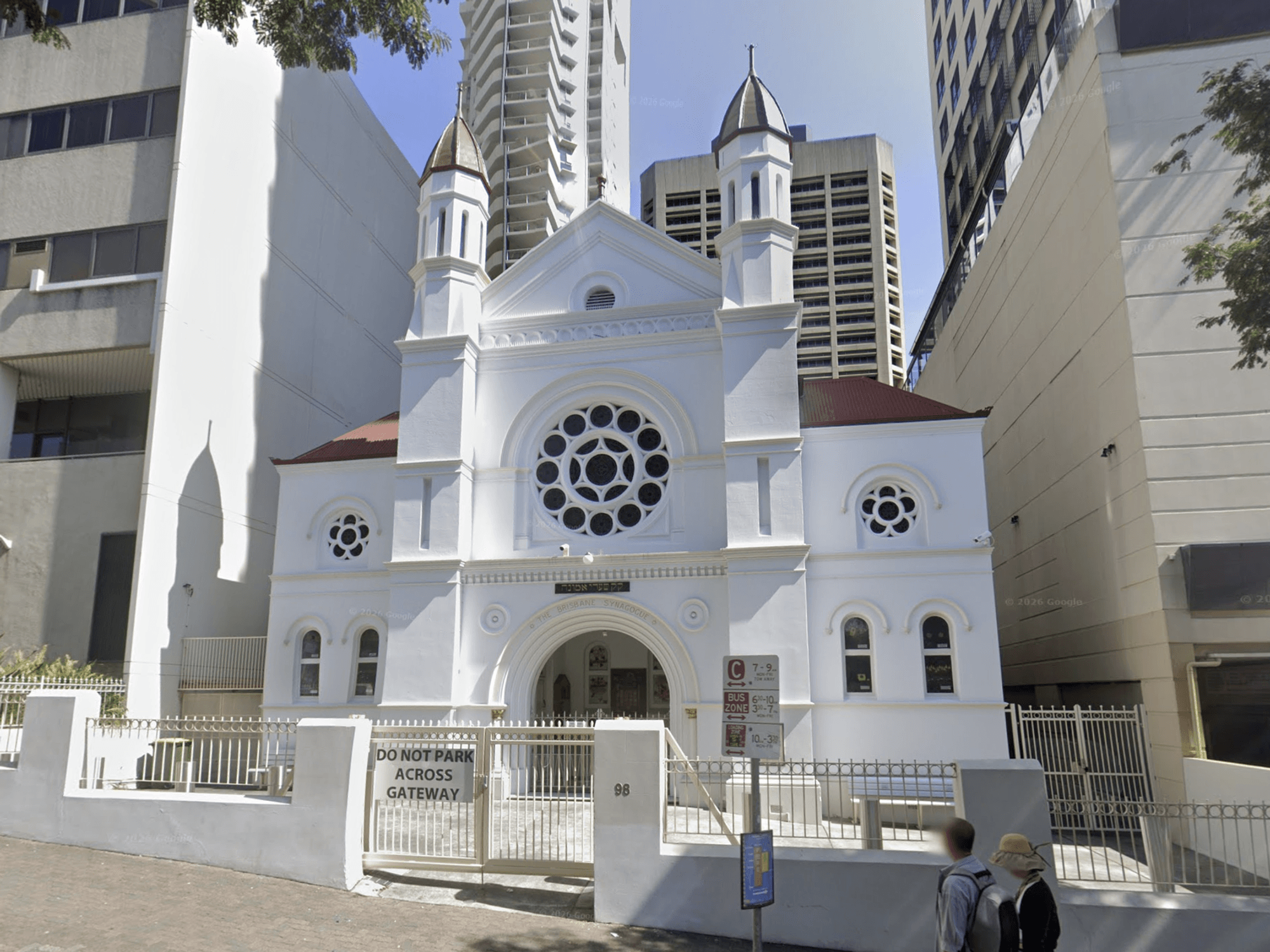Inheritance tax warning: 'Little-known tweak' to rules could see thousands of family firms wiped out

GBNEWS
From April 2027 unspent pension assets will be subject to inheritance tax
Don't Miss
Most Read
Thousands of family businesses face potential liquidation due to inheritance tax changes announced by Chancellor Rachel Reeves, according to wealth management firm Evelyn Partners.
The reforms, taking effect from April 2027, will subject unspent pension assets to death duties for the first time.
Under the new rules, pension schemes must settle their share of inheritance tax bills within six months of the pension holder's death.
This shift particularly threatens business owners who have placed commercial property, including company premises, workshops or machinery, within their self-invested personal pensions or small self-administered schemes.
Gary Smith from Evelyn Partners warned: "It could be a serious problem for thousands of small and medium-sized businesses that are flying under the radar, probably because it's not widely understood."
The research by Evelyn Partners said that about 15,000 businesses are at risk.

Britons are being worried about the looming changes to inheritance tax
| GETTYThe critical issue lies in the illiquid nature of commercial property held within pensions. Unlike cash or shares that can be sold immediately, disposing of buildings or machinery could take months or even years.
"On the death of the business owner, the firm could face the prospect of a disruptive fire sale of their premises to meet a tax bill that could even jeopardise the survival of the firm," Smith explained.
Failure to meet HMRC's six-month deadline would trigger interest charges and penalties, compounding the financial burden on grieving families and vulnerable businesses.
The requirement that pension schemes themselves, rather than the wider estate where other cash might be available, must settle the inheritance tax bill creates an unprecedented liquidity crisis for affected firms.
 Inheritance tax can be reduced by giving gifts - but rules do apply | GETTY
Inheritance tax can be reduced by giving gifts - but rules do apply | GETTYFor decades, holding company assets within pensions has been widely recommended as a tax-efficient succession planning strategy.
Business owners could draw rental income from their property in retirement whilst passing these pension assets to beneficiaries tax-free, ensuring smooth transition of the family enterprise to the next generation.
This previously sensible approach now threatens to become what Smith described as "a fiscal nightmare".
Business owners who followed professional advice to structure their affairs this way face the prospect of their premises or essential machinery being trapped within pension schemes that must rapidly liquidate assets to meet tax demands.
Smith added: "Together with the host of tax and cost pressures on entrepreneurs and family businesses at the moment, owners and directors who don't take advice or make preparations could fall foul of the new inheritance tax charge with the end result in some cases that their businesses are liquidated and jobs lost."
The inheritance tax concerns are already prompting significant portfolio restructuring among wealthy pension savers.
Nicholas Nesbitt, financial planning partner at Forvis Mazars, revealed that clients are reassessing their investment strategies in response to the planned changes.
"We are now seeing many large pension funds being 'stripped out' due to fears of suffering double or triple-taxation on death," Nesbitt said.
Many pension funds exceeding £1 million are typically invested at higher risk levels than average, with the majority of portfolios concentrated in equities.

The pension inheritance tax changes compound existing pressures on family businesses, including the new cap on business relief tax exemption
| GETTYHowever, this high equity exposure is now being reconsidered as savers seek to minimise their inheritance tax liability before the April 2027 deadline.
Nesbitt noted: "It's hard to know if it is the propensity for risk that has led to them having a large pension fund, or whether having a larger fund makes them more confident in taking risk."
The pension inheritance tax changes compound existing pressures on family businesses, including the new cap on business relief tax exemption. From April 2026, only the first £1 million of qualifying business interests will receive full exemption from inheritance tax, with partial relief applying to amounts above this threshold.
Smith warned of the cumulative impact: "The pending inheritance tax on pensions rule change is just one more blow to entrepreneurs and small and medium-sized businesses, coming alongside the new cap on business relief, higher capital gains tax, employer national insurance hikes, a big jump in the minimum wage and the new employee rights legislation."
He concluded: "It's not just about the impact on business owners' retirement plans but about the threat to jobs and investment and the harm this will cause to entrepreneurship."










